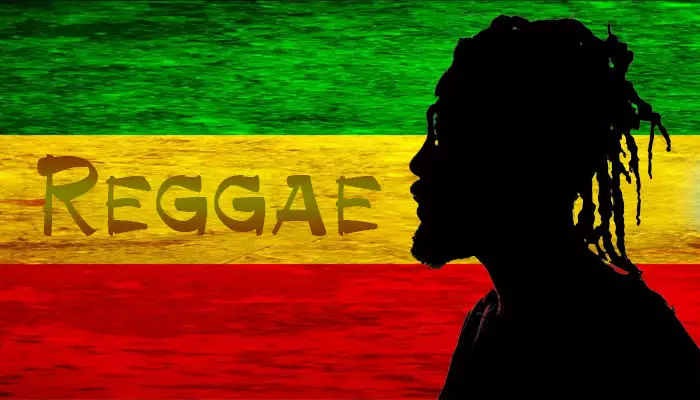
Jamaica reggae history
Reggae history has long been an important part of its cultural heritage, with its distinctive rhythms and beats captivating audiences around the world. Of all the musical genres that have emerged from Jamaica, reggae stands out as the most influential and globally recognized. It has played a significant role in shaping popular culture, with its unique blend of African rhythms and Caribbean folk music. This article explores the history of reggae in Jamaica, from its roots to the present day.
Roots of Reggae
Reggae music has its roots in the traditional music of West Africa and the Caribbean. African rhythms and melodies were combined with Jamaican folk music to create the ska and rocksteady genres. Ska emerged in the 1960s, and it was characterized by its fast-paced, upbeat rhythms. Rocksteady evolved from ska, and it was slower and more soulful. The political and social context of the 1960s and 1970s played a significant role in the development of reggae music, with artists expressing their views on social and political issues through their music.
The Rise of Bob Marley and the Wailers:
Bob Marley and the Wailers were at the forefront of the reggae music scene in the 1970s. Marley, Peter Tosh, and Bunny Wailer formed the band in the early 1960s and went on to release a series of groundbreaking albums. The band’s breakthrough album, “Catch a Fire,” introduced reggae music to a global audience and established Bob Marley as a cultural icon. Marley’s music was characterized by its powerful lyrics and messages of peace, love, and unity, which resonated with audiences around the world.
The Golden Age of Reggae:
The 1970s was the golden age of reggae music, with other notable artists emerging during this time. These included Jimmy Cliff, Toots and the Maytals, and Burning Spear. The popularity of reggae music spread throughout the world, with artists such as The Clash and The Police incorporating reggae into their own music. The development of sub-genres such as dub, dancehall, and ragga further cemented reggae’s place in popular culture.
Reggae Today
Reggae Today: Reggae continues to be an important part of contemporary music, with its influence felt in a range of genres, including hip-hop, R&B, and pop. A new generation of reggae artists is emerging, with artists such as Chronixx, Koffee, and Protoje leading the way. However, the Jamaican music industry faces significant challenges, including piracy and lack of funding, which threaten the sustainability of the industry.
Conclusion:
Reggae music has had a profound impact on popular culture, with its messages of peace, love, and unity resonating with audiences around the world. From its roots in West Africa and the Caribbean, reggae has evolved to become a global phenomenon, with artists from all over the world incorporating its distinctive rhythms and beats into their own music. While the challenges facing the Jamaican music industry are significant, the enduring legacy of reggae music ensures that its influence will continue to be felt for generations to come.

